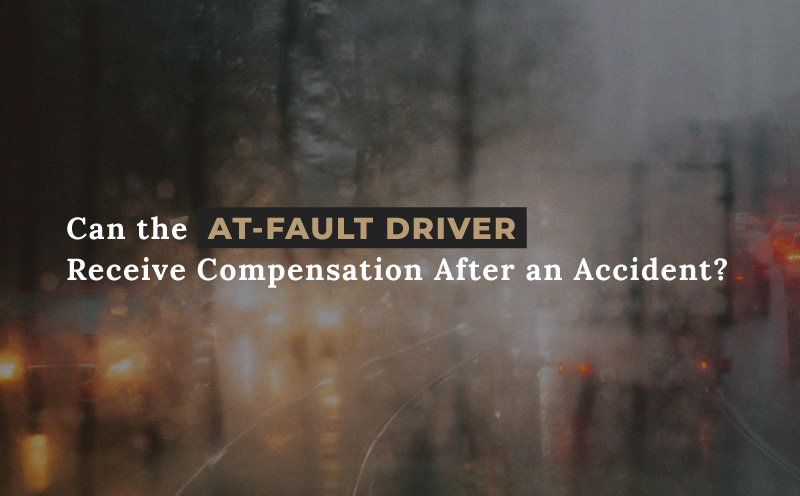Can You Get Compensation for an Accident That Was Your Fault?

Following a car accident, one of the first questions many ask is if you can get compensation for an accident that was your fault. It is important to know what compensation you can receive to cover medical expenses, damage to your vehicle, and pain and suffering. Under Michigan law, there are two types of claims for individuals involved in a motor vehicle accident: the first party claim for no-fault benefits and the third party tort lawsuit for non-economic damages.
Compensation for Michigan No-Fault Benefits
Michigan is a no-fault state. This means that if you are involved in a motor vehicle accident, your own no-fault insurer pays for your personal injury protection (PIP) benefits, including medical expenses, replacement services, and wage loss. Under the 2019 amendments to the no-fault law, there are some exceptions to this, such as if a person opts out of PIP coverage, if a person chooses limited PIP coverage and exhausts this coverage, or if a person’s inability to return to work extends beyond the three year period that his or her no-fault insurer is required to pay wage loss benefits. However, the general rule is that you always turn to your own insurer first for PIP benefits. This is regardless of who was at fault for the accident. Therefore, you can receive compensation for an accident that was your fault, as every individual injured in a motor vehicle accident who has no-fault PIP coverage will be compensated to some degree for these types of expenses.
Additionally, your own insurer typically pays for any damage to your vehicle, with the exception of a “mini tort” lawsuit.
Liability Claims Against the At-Fault Driver
The second type of lawsuit, the tort lawsuit, can only be brought against an at-fault driver. The legal term for fault is “negligence,” which is simply the failure of a person to act as a reasonably careful person would under the same or similar circumstances. Typically, violations of the Michigan Motor Vehicle Code — such as speeding, failing to stop at a stop sign, failing to yield, running a red light, improper lane usage, etc. — are all evidence of negligence. Who is at fault for an accident is usually determined by the investigating police officer and included in the car accident police report.
In order to recover non-economic damages in a tort lawsuit, you cannot be more than 50% at fault for the accident. If you are partially at fault for the accident, but less than 50% at fault, your damages will be reduced by the percentage of your own fault. This is referred to as “comparative negligence” or “comparative fault.” For example, if the injured person is 20% responsible for the accident and the at-fault driver is 80% responsible, the victim’s damages will be reduced by 20%. However, anyone who is more than 50% at fault is barred from pursuing a lawsuit for non-economic damages against the other driver.
Therefore, you can get compensation for an accident that was your fault through a first-party claim for no-fault benefits, but you cannot pursue a third-party tort lawsuit for non-economic damages. However, as the at-fault driver, you may be facing a liability claim from the other party involved in the crash, so it is important to have adequate liability insurance coverage.
Who is at fault for an accident can be a complicated question. If you were involved in a car accident that you think was not your fault and sustained serious injuries, we encourage you to contact a Michigan car accident attorney to evaluate your case.

Author – Lansing personal injury lawyer, Lauren Kissel
Lauren handles claims for no-fault benefits and claims against negligent drivers resulting from car crashes in Lansing, car crashes in Ingham, Eaton, and Clinton Counties, and throughout the state of Michigan.

